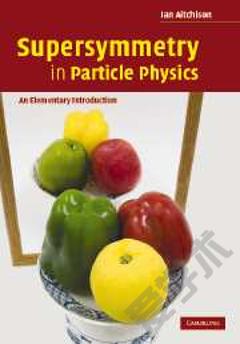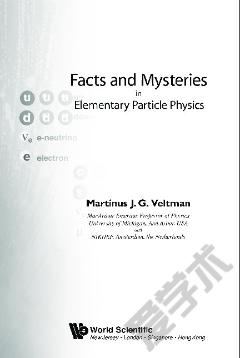Asymptotic Symmetry And Its Implication In Elementary Particle Physics
In elementary particle physics, there are a number of recognizable underlying symmetries which correctly describe spectacular multiplet structure of observed particles. However, lack of a consistent method to deal with badly broken symmetry has hindered the investigation through symmetry. With this book the authors hope to arouse interest in the approach to broken symmetry from a fresh point of view.The authors argue that spectrum generating symmetries still maintain asymptotic symmetry for physical (not virtual) particles. When combined with the symmetry related equal-time commutation relations which are derivable from fundamental Lagrangian, asymptotic symmetry then demands a close interplay among the masses, mixing parameters and coupling constants of physical particles. From this point of view, we may understand the success of the naive quark model, remarkable mass and mass-mixing angle relations in QCD and electroweak theory and even the presence of dynamical selection rules. The method may also give us a powerful tool for the study of new physics where fundamental Lagrangian is not yet known.
{{comment.content}}








 京公网安备 11010802027623号
京公网安备 11010802027623号